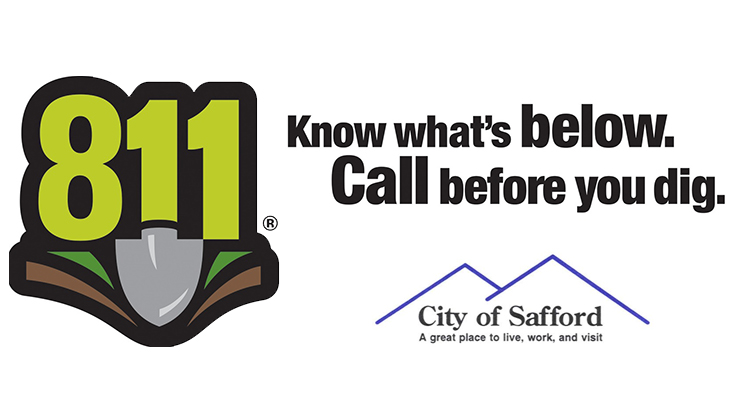The 2024 United States Presidential Campaign has brought many important issues to light, especially around racial diversity and immigration. Election periods often stir concerns among voters as candidates offer their solutions to these challenges.
Common issues were gun control and minorities’ legacy in the U.S. As these resurface, more people need to know about their rights. They need to realize that they do not vote only for the country’s sake, but for themselves.
By examining the current issues in the US, you can learn about the effects of the U.S. Voter System. This includes its implications for the country. You can stay updated by reading more below:
Minority bias and disparities
Since the Biden-Trump feud, many Americans view slavery as less relevant to modern issues. A study of the last election found that only 27% of Trump’s supporters think slavery’s legacy affects today’s minorities, especially African-American communities.
This issue shows the public’s indifference to the struggles of minorities, further isolating these groups. As the divide grows, it weakens social ties and raises inequality. Hence, authorities need to prioritize better policies, resources, and support to help minorities and bridge these gaps.
Transgender people’s voting barriers
According to UCLA Law, 200,000 transgender people may face problems voting in the US election 2024. This may be because their IDs contain incorrect information. They may be required to update their IDs to reflect their gender identity.
However, non-white transgender people face even worse issues. They deal with systemic discrimination, financial struggles, and bureaucratic hurdles. These make it harder for them to update their IDs and vote.
Transgender, young, low-income, homeless, or disabled people of color often struggle to get accurate IDs for voting. High costs and complex processes can make it hard for them to update their IDs. This issue shows how identity, poverty, and bias intersect.
Fraud prevalence among elders
According to Statista, over 60% of American elders are active voters, and most of them mainly seek better healthcare benefits. Senior citizens rely on candidates’ platforms that are more focused on health support as these directly influence their finances.
However, some still trust unverified online information that can even appear on political betting website. This significantly affects their views on voting. False information can affect voters when it matches their worries. It may lead them to back policies or candidates based on false information. This makes them very vulnerable to disinformation campaigns.
The divide between Gen Z males and females
The political divide between Gen Z men and women is growing rapidly. Most men aged 18-29 support Donald Trump, while most women in the same age group back Kamala Harris. This ‘gender gap’, as called by Feminist Majority’s Eleanor Smeal, is at a record high.
Young women prioritize issues like sexual harassment and mental health, seeing Harris as a hopeful leader. Meanwhile, young men focus on values like bravery, honor, and competition. Based on these, it’s easy for them to view Trump as a leader and defender of traditional masculinity. The result of this gap is a notable 34% difference in political choices. Furthermore, this reflects the gap between today’s generation and how Gen Zs perceive ideal leaders.
As the 2024 election approaches, it’s clear that the challenges in the US voter system affect various groups in unique ways. From issues of minority representation to voting barriers for vulnerable groups, and the growing divide among age groups, your vote holds the power to address these concerns. Staying informed, whether through experts or even betting sites US election coverage, will help shape the policies that matter most to you and your community.










